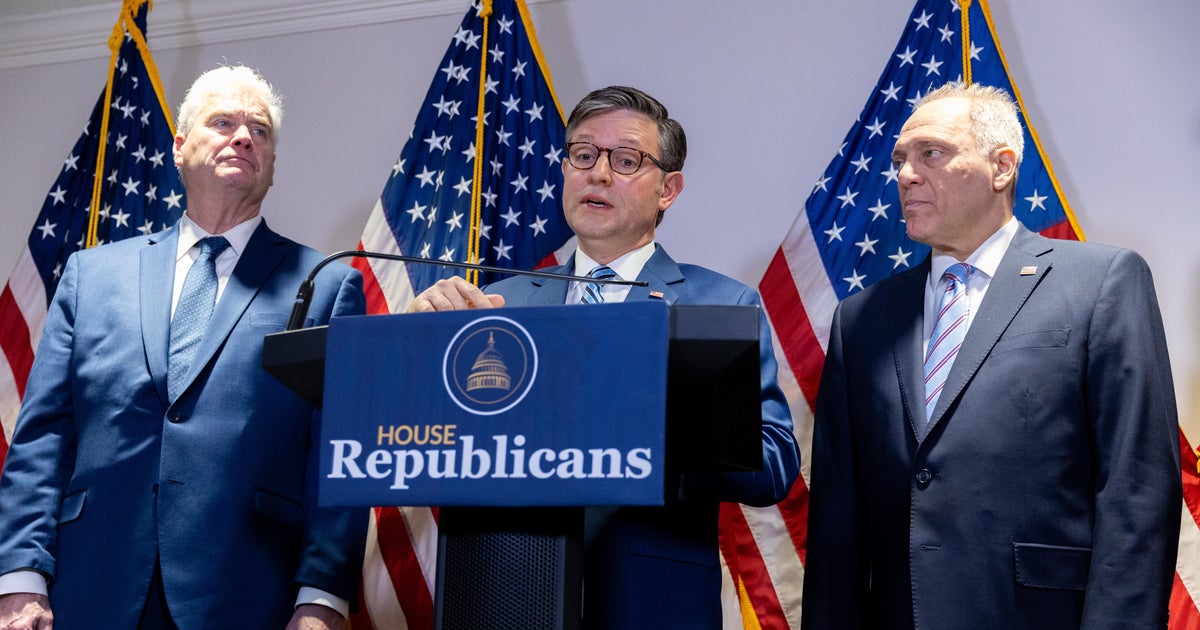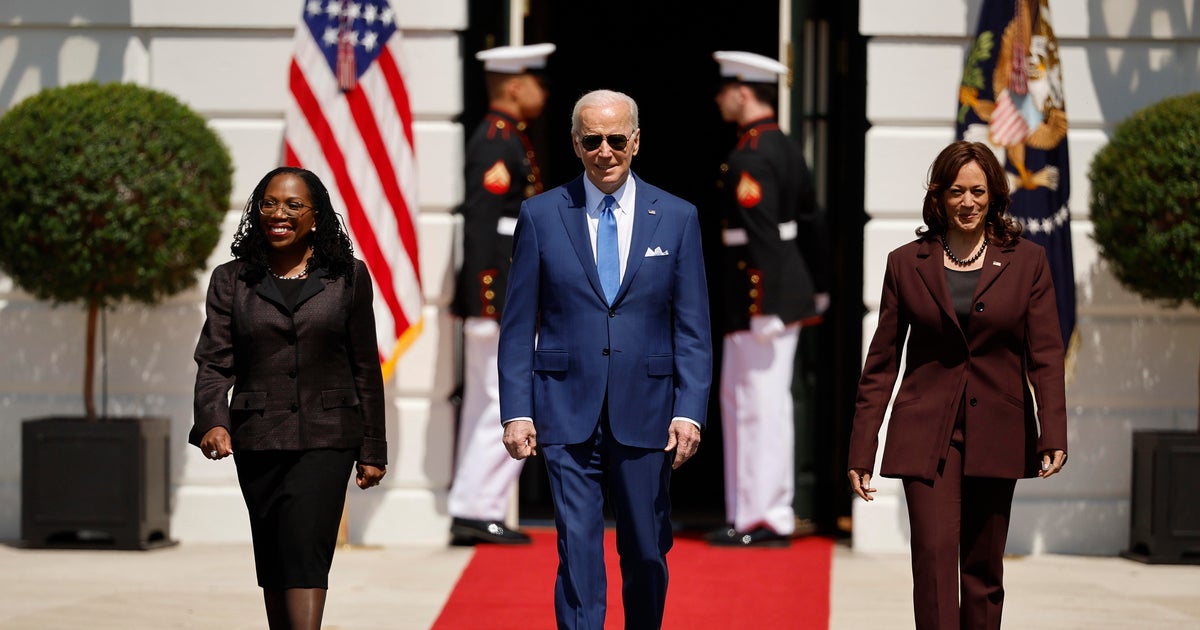9/11 commission leaders say Capitol attack commission must be bipartisan, have subpoena power
Amid partisan sparring over the composition of a proposed independent commission to investigate the January 6 attack on the Capitol, the leaders of the independent 9/11 commission said potential members could come from outside Washington.
House Speaker Nancy Pelosi's proposal for the commission, modeled after the one created to investigate 9/11, calls for seven Democratic-appointed members and four Republican-appointed members. Senate Minority Leader Mitch McConnell criticized the proposal as "partisan by design."
Pelosi said the recommendation was only intended as a "discussion draft," and accused McConnell of taking a cue from Republican Wisconsin Senator Ron Johnson, who has promoted conspiracy theories that downplay the attack. "It seems that he was taking a page out of the book of Senator Johnson... Ron Johnson seems to be taking the lead of what the scope would be of how we look at protecting our country from domestic terrorism," Pelosi said at her weekly press briefing Thursday.
The leaders of the 9/11 commission, former New Jersey Governor Tom Kean, a Republican, and former Indiana Congressman Lee Hamilton, a Democrat, told CBSN on Friday the Capitol attack commission must be bipartisan — but noted that doesn't necessarily mean an even split between Democratic and Republican lawmakers.
"We concentrate on Washington, but look, there are good governors out there. We had two governors on the panel. There are former retired members of the judiciary, good judges, there are attorney generals, there are people who served in the Bush administration or the Obama administration who may want to do some more government service," Kean said.
"There are a lot of good Americans out there I think who would like to get to the bottom of this, who are willing to do one more job for their country, and have a record in our whole history of reaching across the aisle and again putting country ahead of party. If we don't do that, don't form the commission."
He said bipartisanship was also difficult to accomplish when putting together the 9/11 commission in 2002, when former president George W. Bush was seeking reelection.
Hamilton said quality, not party, is key. "The quality of the people makes the difference — as in almost any human endeavor. You want on this panel people who are serious, who put aside their partisan biases, whatever they may be, to the largest possible extent."
On Wednesday, McConnell said the commission should also conduct a broader analysis of political violence — an apparent reference to racial justice protests that took place over the summer. "If Congress is going to attempt some broader analysis of toxic political violence across the country, then in that case we cannot have artificial cherry-picking of which terrible behavior does and which terrible behavior does not deserve scrutiny," he said.
Hamilton warned against making the commission's mandate too broad. "We're looking at events that really would seek to destroy the Democratic system in this country, that's a very very serious matter," he said of the January 6 attack. "You don't want to hamstring the commission, on the other hand you don't want the commission just to run loose and investigate anything one or two members think needs to be investigated."
Another issue at play is who on the commission will have subpoena power, the ability to make witnesses testify under oath. The Capitol attack commission may need subpoena power to speak to one witness in particular: Former President Trump.
Kean said Trump's testimony is indispensable. "Of course you've got to talk to the former president," he said. "We talked to the sitting president, we talked to the sitting vice president, we talked to the sitting secretary of state, we talked to the former president, president Clinton."
The 9/11 commission gave members of both parties subpoena power. Kean called it a "very necessary" tool, noting that many people who otherwise wouldn't have spoken to the commission "were willing to come forward and share their information" because of it.
"Wherever the questions were, we had people who had the answers to those questions," he said. "This commission, if it's formed, is going to do exactly the same thing."
"That's very definitely part of the investigation — has to be part of the investigation. But it's only one part. The bottom line is: How did this happen? Why did it happen? Was it organized way ahead of time? Did people intend to invade the Capitol and go in there and take possession of it? Did they intend to kidnap legislators? What was the intent? And secondly, why was the Capitol so badly defended? There was less people to defend the Capitol than there are at the Super Bowl or an athletic event.
"We haven't had an invasion of the Capitol like that since the War of 1812. So it's important that we look at it and make sure it never happens in this democracy again."



